At this point, it’s common knowledge that if you want to live off-grid you have to think about solar power and set yourself up at the very least with a solar portable generator to get the power you need. People also understand that they are responsible for getting their own water and taking care of sewage themselves.
What’s less understood is how a change of mindset is necessary to be able to truly live off the grid. Living off the grid isn’t simply living life as you normally would but without using public services. It is also a lifestyle that requires things to be done in a certain way so that it actually makes a difference. In this article, we will go over what it takes to truly live your life off the grid.
1 – Zero waste
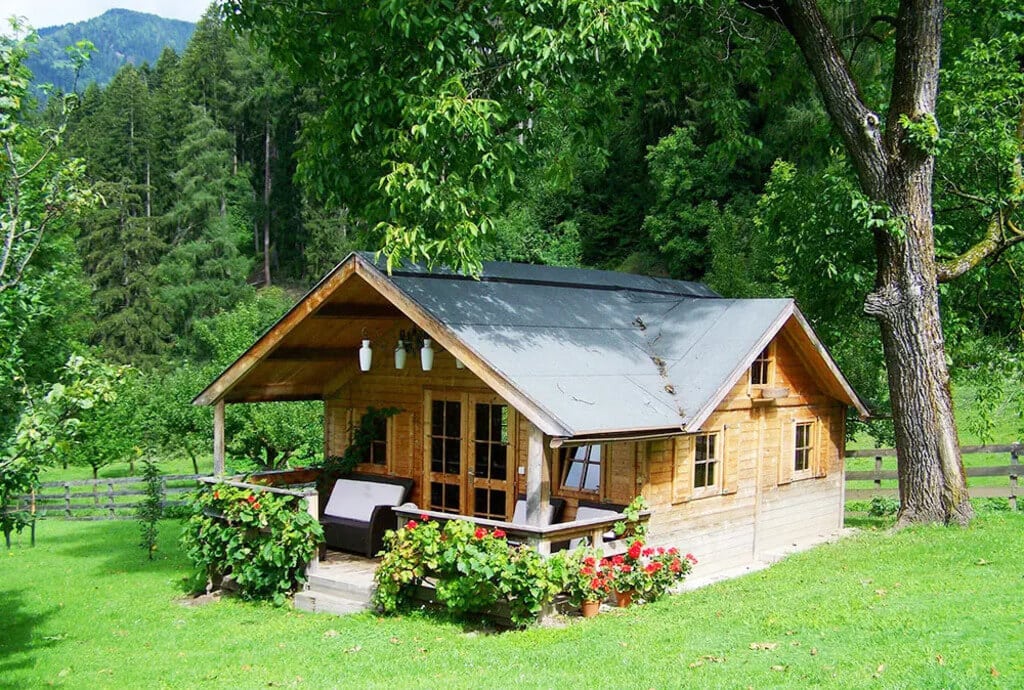
A modern lifestyle results in a lot of waste which ends up in landfills or worse. Even when you are off-grid if you are throwing a lot of material away and that should be curbed.
Start out by taking stock of the things you are throwing away. Instead of dumping them, put them in piles so you can see just how much stuff you throw away on a monthly basis. Then take some time to differentiate what you’re throwing away.
Use any cardboard packaging in your compost bin for your carbon-based material. Or you can put it on the ground and use it as a weed killer. Upcycle things that still have some life left in them but are no longer useful to you. Try to reuse as much of the material as possible. Anything organic can be made into compost to use in your garden. There is even a system to be able to compost cooked kitchen scraps such as meat by using inoculated spent grains.
2 – Use Fewer Resources
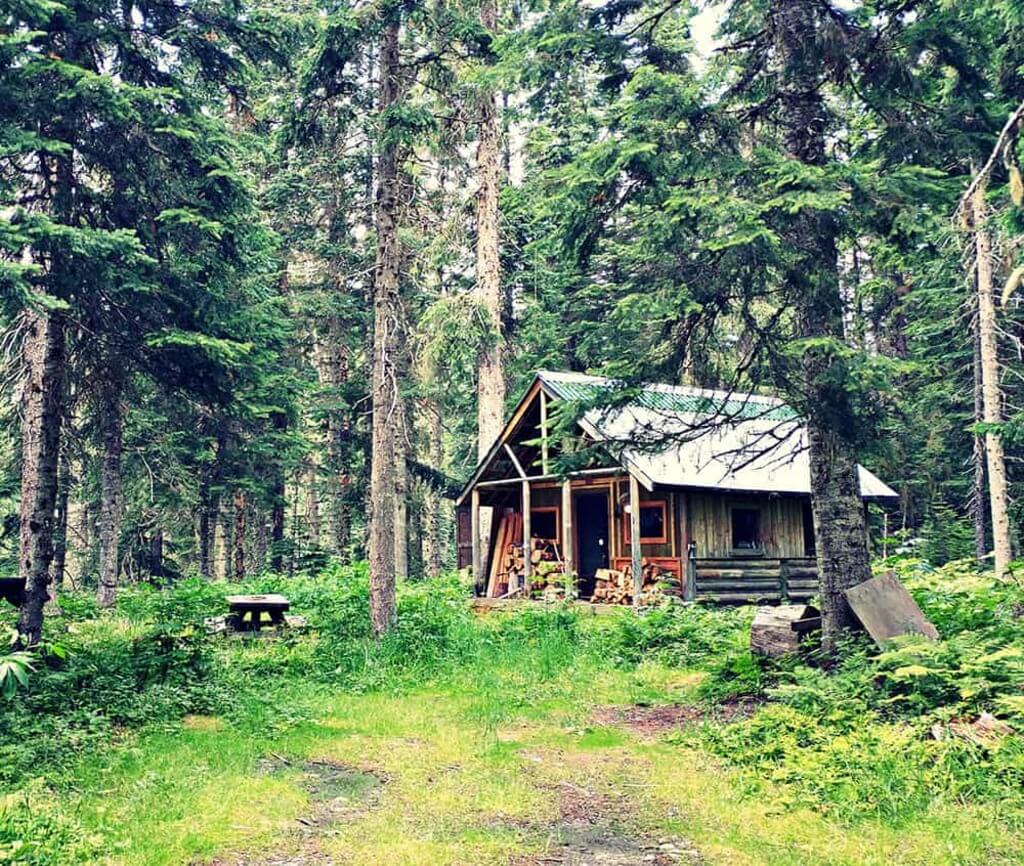
Try to not use as much energy or water as you used to use before you went off the grid. Even though you are providing your own at this point, it is still a good idea to not use as much. Having fewer needs will prolong your resources for much longer.
For instance, you should be collecting rainwater to use less water even if you have a well. If there is a drought even your well will be affected so it’s better to not overuse such a precious resource.
3 – Grow Your Own Food
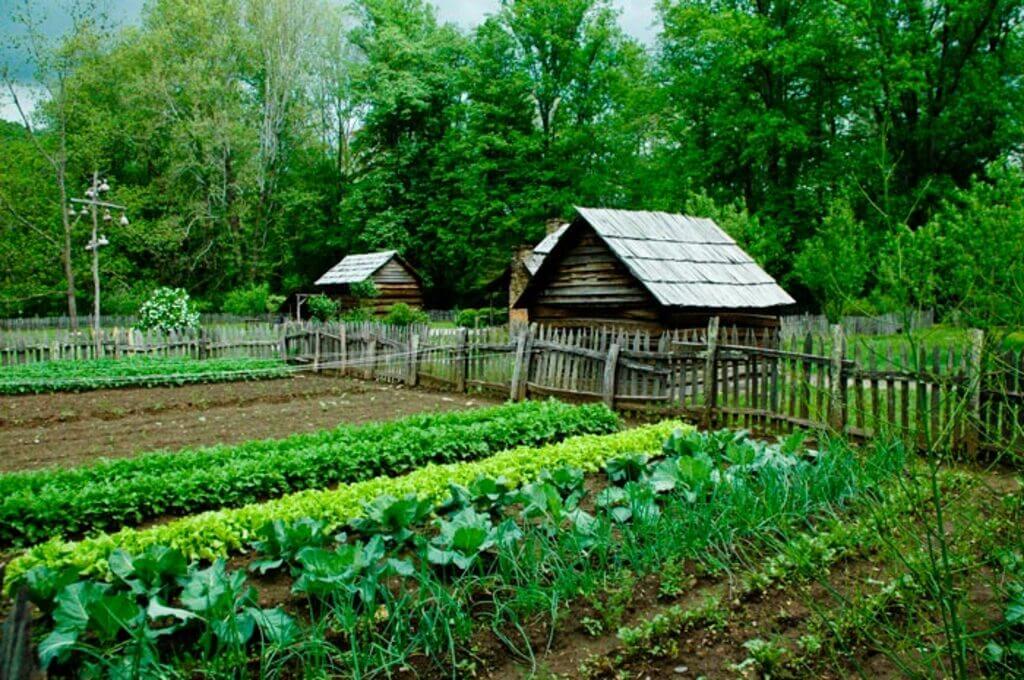
Living off the grid also involves removing yourself from the supply chain as much as possible. Eating food from a supermarket involves a huge carbon footprint so growing your own will reduce some of the impact on the environment that mass farming causes.
In just about any climate you can grow your own food as long as you are set up for it. Even in cold climates, you can grow food all year round by using polytunnels and greenhouses.
Not only are you helping the environment but you are helping your health. Fresh food picked right out of the garden is more nutrient-dense. You also know exactly what is going into your food and you can be sure that there are no harmful chemicals or pesticides.
4 – Preserve Food
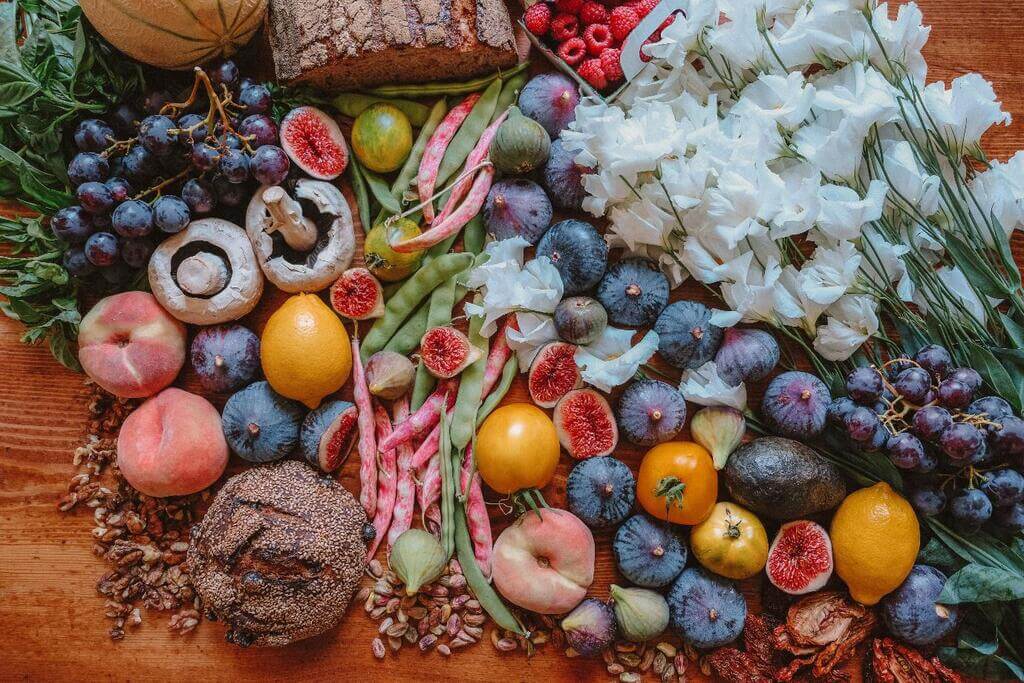
Another way to reduce your reliance on the supply chain is by preserving your food. You can do this in a number of ways such as pickling, canning, salting, smoking, and drying.
This way you can have access to fresh food all year round without having to worry about it going bad. You can even grow more food than you need and preserve the excess for later.
5 – Get a Manual Everything
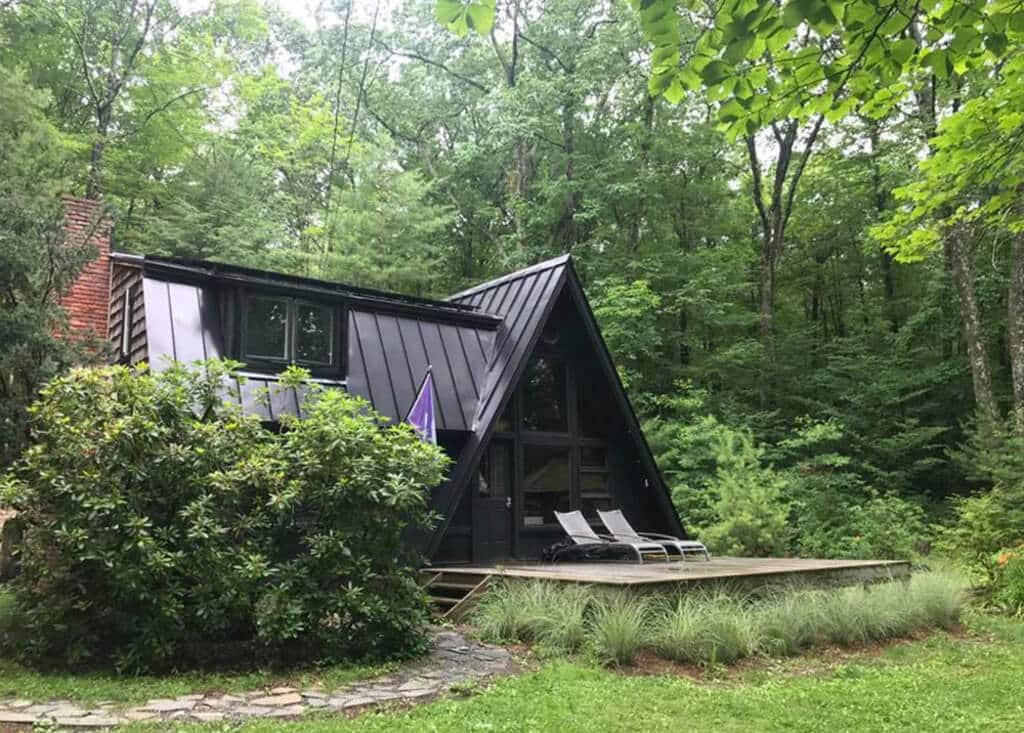
A lot of people think that living off the grid means you have to go back to using only manual labor. This is not the case but it is a good idea to have manual options for everything.
For instance, you can get a manual can opener, a manual coffee grinder, and a manual juicer. This way if you ever lose your solar power. It is also a good idea to have a manual backup for your main source of power such as a solar generator.
To Sum Up
Living off the grid takes a bit of adjusting but it is possible to live a comfortable life without being connected to the main power grid or using other public utilities. To do this, it is important to reduce your reliance on resources, grow your own food, and preserve what you can. Additionally, you should have manual backups for everything in case of an emergency.
Explore More

